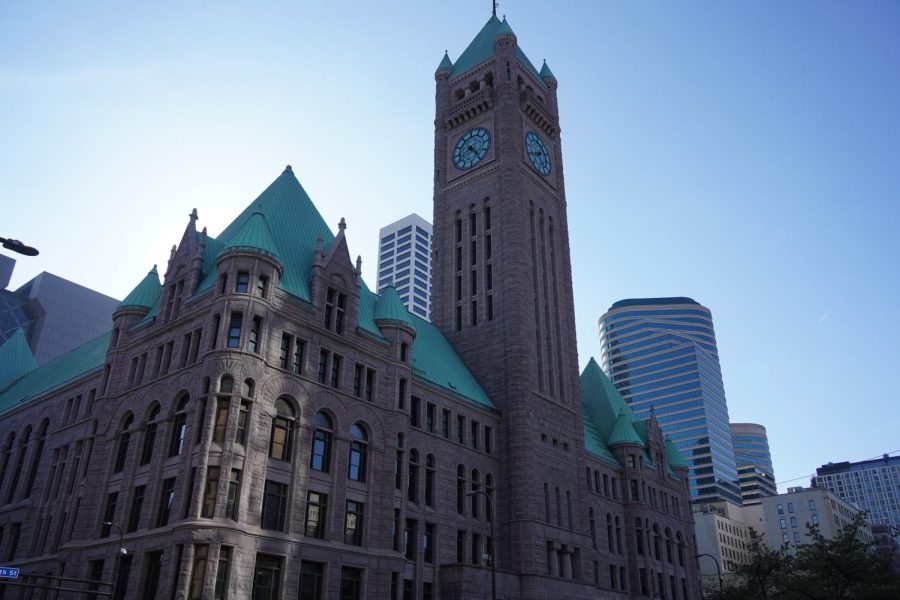The Minneapolis City Council approved a resolution labeling drag performances and culture as a form of free speech on June 28.
In a 10-0 vote, the Council voted in favor of the resolution in response to anti-drag legislation passed in states like Tennessee, according to Council President Andrea Jenkins. Council members Jeremiah Ellison, Jamal Osman and Aisha Chughtai were absent while observing Eid al-Adha.
The resolution went into effect a day after the council’s vote following Minneapolis Mayor Jacob Frey’s signature. Unlike an ordinance, a resolution is not legally binding. Instead, it is a formal way for the Council to express its opinions or will.
Before being struck down as unconstitutional in June, Tennessee passed the first anti-drag law in March banning drag on public property as well as any place where minors may be present. Montana followed shortly with a law preventing anyone dressed in drag from reading to minors.
Although efforts to restrict drag shows have failed to move forward in Minnesota, this resolution discourages future efforts to criminalize drag.
Jenkins, the first Black, openly transgender woman elected to public office in the United States, said the resolution demonstrates that Minneapolis is an equitable and inclusive city.
“Because the LGBTQIA+ community has seen an unprecedented rise in anti-drag and anti-transgender legislation, we need to stay vigilant and continue the fight to protect these communities,” Jenkins said in a statement following the resolution’s passing.
Drag performers use drag as entertainment, art or a job, according to the resolution. Frey and council members condemned nationwide anti-drag legislation and affirmed Minneapolis as “a safe and welcoming city in steadfast support of drag artists and performance” in the resolution.
Lawmakers in states pushing restrictions have argued drag shows are sexual in nature and expose children to inappropriate themes, something many LGBTQ+ advocates are fighting back against.
Executive Director for LGTBQ+ advocacy group OutFront Minnesota Kat Rohn said drag performances differ widely depending on the audience and venue.
“There is a world of difference between what’s happening in a nightclub downtown and what’s happening at a public library hosting a drag story hour,” Rohn said.
Executive Director for the Twin Cities Gay Men’s Chorus Kevin Stocks said drag is an expression of art for many people.
“[Drag] is a way for queer folk and people in the LGBT community to express themselves,” Stocks said. “It’s pretty ridiculous that a certain sector of our community tries to attribute that to grooming.”
Stocks said drag has a long history in Minneapolis and his organization, which has hosted drag events, has been “stomping around in the drag puddles for a long, long time.”
With a more secure future, the Minneapolis drag scene will continue without the fear of criminalization. Rohn said the resolution represents a commitment to LGBTQ+ rights in the face of anti-LGBTQ+ efforts nationwide.
“There is a symbolic importance,” Rohn said. “I think it’s about ensuring that lasting institutional commitment to our LGBT communities.”














